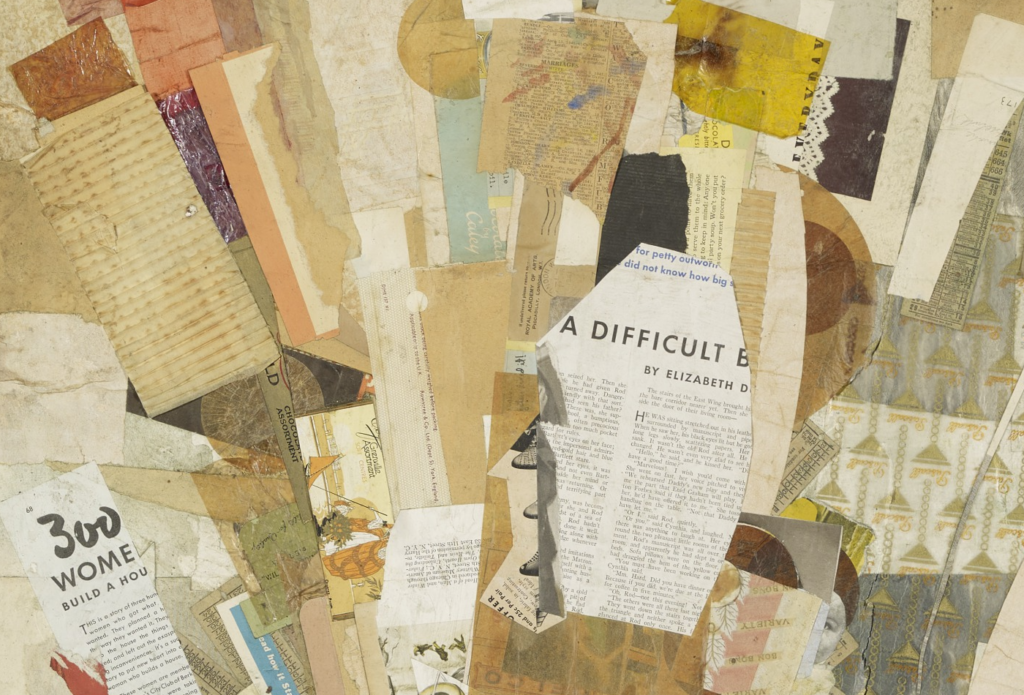In reply to “A Century of Serious Difficulty,” December 7, 2022
To the Editors:
Johanna Winant’s very thoughtful and compelling essay on the difficulties a 2022 reader faces when confronted by the “classics” of 1922—specifically, Joyce’s Ulysses, Eliot’s The Waste Land, and Wittgenstein’s Tractatus Logico-Philosophicus—makes the assumption that these are books to be read and understood primarily in the classroom. Given this proviso, her conclusions make good sense: inevitably, as Winant notes, we read these books (if at all!) very differently today than did their contemporaries. The cultural matrix has so radically changed and the shrunken English department today may not make time for such distant and demanding reading.
But perhaps the real afterlife of these “difficult” books is outside the university. Certainly Amazon ratings suggest as much: Ulysses is not only a huge bestseller there; at this writing it has 1,933 rated reviews. True, these many readers probably know little of the Homeric framework or the liturgical allusions in the novel. But somehow they want to read and comment on it.
Every year on Bloomsday—June 16—an entrepreneur in Los Angeles named Stanley Breitbard, by no means an academic, organizes a reading of a single chapter of Ulysses, held at the Hammer Museum. The readers are Hollywood actors who participate primarily for the fun of it. And the large audience is primarily from the community, not the university. Irish stew with black ale is sold at the café. This year the chapter was “Cyclops” and the audience was completely absorbed in the drama between the racist Citizen and Bloom’s plea for “love, the opposite of hatred.”
Or take Proust, whose 1922 novel Winant mentions only in passing. I have a number of friends who tell me they got through the pandemic by reading their way, for the first time, through A la recherche du temps perdu. They agree with me that it’s a novel that literally changes your life. And right now, Proust seems to be everywhere. Just these past months there has been a big Proust exhibition in Paris and many new studies and editions that Proustians like myself devour. The latest on models and analogues for Madame Verdurin or the Baron de Charlus? Yes, bring them on! Is the novel very difficult? At one level, yes, but at a broader one, not especially. Anyone can relate to the accounts of jealousy the narrator experiences. And the narrative of his grandmother’s illness and death, followed, a few hundred pages later, by the chapter on the narrator’s delayed remorse and mourning, is the best treatment of sickness and death I’ve ever read. I weep every time I reread it.
What about The Waste Land? At Stanford (from which I am long retired) an enterprising retired cultural historian Piero Scaruffi runs an evening lecture series called Leonardo Art Science Evening Rendezvous, or LASER. The audience is made up primarily of scientists and engineers from the community. I recently gave a short lecture on The Waste Land to this group, and the response was astonishing. They had a million questions. And the sheer drama of the poem—“Marie, Marie, hold on tight,” or “When Lil’s husband got demobbed. . . .”—fascinated them, even as the poem’s dark mood seemed only too apropos.
As for Wittgenstein’s Tractatus, read “robustly” or otherwise, it is popping up in the most extraordinary places. One great enthusiast is Anthony Rendon, the speaker of the California State Assembly, who represents LA’s 62nd District, the population of which is 75 percent Latino. Rendon’s office recently called me to verify a quotation from Wittgenstein’s war notebooks, which I edited. They wanted to use an aphorism I had cited in their booklet introducing the new assembly members: “You are looking into a fog bank and hence persuade yourself that the goal is near. But the fog lifts, and the goal is not yet in sight.”
It seems the great Modernist texts, however fully their “difficulty” is understood, just won’t go away. I conclude with a five-star Amazon review of Ulysses by someone with username “bluxxx,” with the subject line, “It’s really not hard.”
To all of you scared of this supposedly semi impossible book to read don’t worry I’m in 8th grade and I’m loving this yes I had very little idea what happened during chapter three, and yes it’s not the easiest book to read but you just need to get used to Joyce’s writing style. Just power through chapter three and you’re set for a day in Dublin.
Marjorie Perloff
Sadie Dernham Patek Professor of Humanities, Emerita
Stanford University
Johanna Winant replies:
I’m grateful for Perloff’s generous letter. She’s right that, a century after their publication, these difficult texts continue to be read—and to be meaningful—outside colleges and our increasingly meager course offerings. This fact is worthy both of celebration and of extension. As English departments are being dismantled, especially at non-elite colleges, we need to build institutions that ensure knowledge and access to it are genuinely shared: a true democracy of reading, as Perloff says, “outside the university.”






